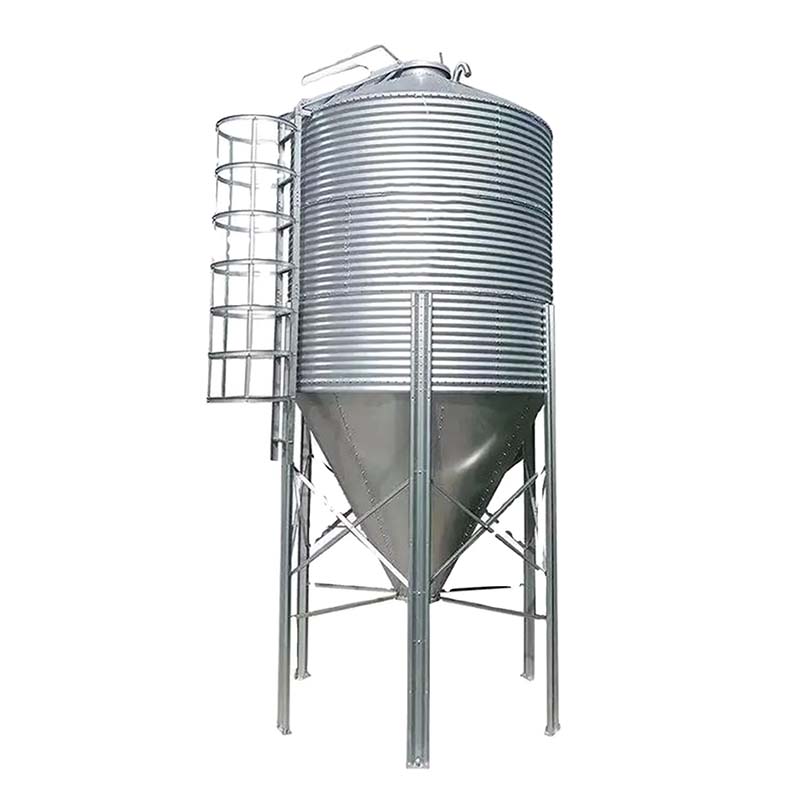feed grinder
តុលា . 19, 2024 09:03 Back to list
feed grinder
The Essential Role of Feed Grinders in Modern Agriculture
In the realm of modern agriculture, feed grinders constitute an integral component that contributes to efficient livestock management and food production. These machines, also known as feed mills or feed processors, are designed to grind various feed ingredients into smaller particles for easier consumption by livestock. The process of grinding feed improves digestibility, maximizes nutrient absorption, and ultimately enhances the health and productivity of farm animals.
Understanding Feed Grinders
Feed grinders use mechanical force to break down raw feed materials, which may include grains, legumes, and other agricultural products. The grinding process varies in method; it can be performed through various techniques such as hammer milling, roller milling, or grinding using a combination of these methods. Each technique has its unique advantages, enabling farmers to select machinery best suited to their specific needs and types of feed.
Enhancing Nutritional Value and Efficiency
One of the primary benefits of using a feed grinder is the enhancement of nutritional value for livestock. Animals have differing digestive systems; smaller feed particles can be digested more easily by ruminants like cows and sheep. By grinding the feed, farmers can increase the surface area of the feed particles, thus facilitating better nutrient extraction during digestion. This, in turn, can lead to improved weight gain, milk production, and overall health in livestock.
Using a feed grinder not only enhances nutritional absorption but also improves feed efficiency. Precision grinding allows farmers to formulate balanced rations that meet the specific dietary needs of their livestock. This is particularly important in commercial farming operations where maximizing yield and minimizing costs are essential. Customizing the feed composition through grinding ensures that animals receive the necessary nutrients without excess waste, leading to more sustainable agricultural practices.
Cost-Effectiveness and Accessibility
feed grinder

Feed grinders also contribute to cost-effectiveness in animal husbandry. By enabling farmers to process their own feed on-site, these machines reduce the reliance on pre-mixed commercial feeds, which can be more expensive. Furthermore, local sourcing of raw materials allows farmers to capitalize on available resources, making it feasible to use lower-cost, high-quality ingredients rather than paying a premium for pre-formulated feeds.
In addition to economic benefits, feed grinders also provide convenience and accessibility. Farmers can quickly adapt their feed formulations to seasonal changes or variations in ingredient availability. Moreover, having a feed grinder contributes to operational independence as farmers can respond promptly to their livestock’s needs without waiting for external suppliers.
Environmental Sustainability
Another pivotal aspect of feed grinders is their contribution to environmental sustainability. By utilizing locally sourced materials and optimizing feed efficiency, farmers can significantly reduce agricultural waste and the carbon footprint associated with feed production. Tailoring feed mixes can also result in lower waste output, as animals are less likely to leave behind uneaten feed.
Furthermore, feed grinders can help in using by-products from other agricultural processes, turning what could be waste into valuable livestock feed. This not only enhances the sustainability of the agricultural ecosystem but also fosters a circular economy within farming communities.
Conclusion
In conclusion, feed grinders play a crucial role in modern agriculture by enhancing the efficiency of livestock management, reducing costs, and promoting environmental sustainability. Their ability to improve the nutritional quality of animal feed directly correlates with better livestock health and productivity. As the agricultural sector continues to evolve, the importance of such innovative machinery will only grow, helping farmers meet the ever-increasing global demand for food while ensuring responsible farming practices. Embracing technology like feed grinders is essential for the future of sustainable agriculture.
-
High Performance Exhaust Fan – Efficient Ventilation Solutions for Home
NewsJun.10,2025
-
High-Quality Gestation Pen for Sows Durable Mobile Pig Pen & Simple Pig Pen Solutions
NewsJun.10,2025
-
High Quality Rabbit Cage Double Tier Designs & Welded Wire Mesh Supplier
NewsJun.10,2025
-
Floating Fish Feed Machine - High Efficiency Floating Fish Feed Extruder for Small Scale Production
NewsJun.10,2025
-
Premium Poultry Housing Solutions Mobile & Commercial Free Range Options
NewsJun.10,2025
-
Industrial FRP Fans Corrosion-Resistant Blades & Centrifugal Systems
NewsJun.09,2025






